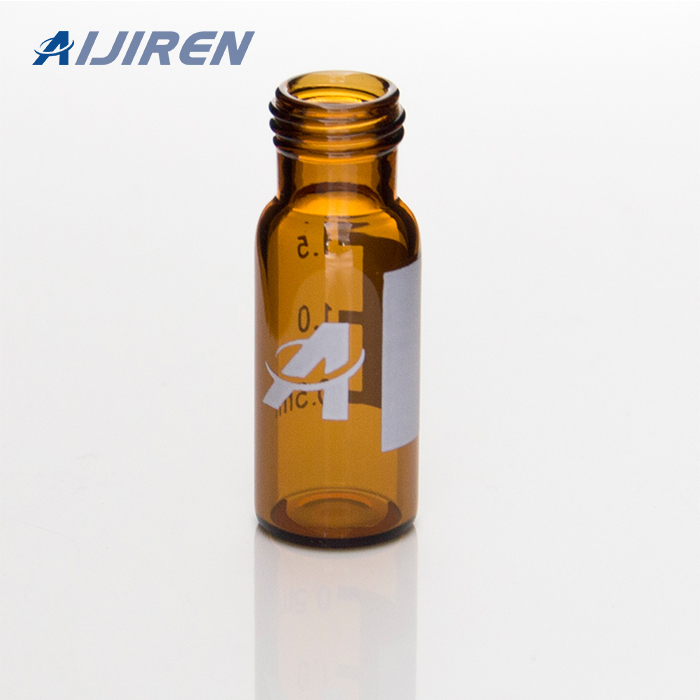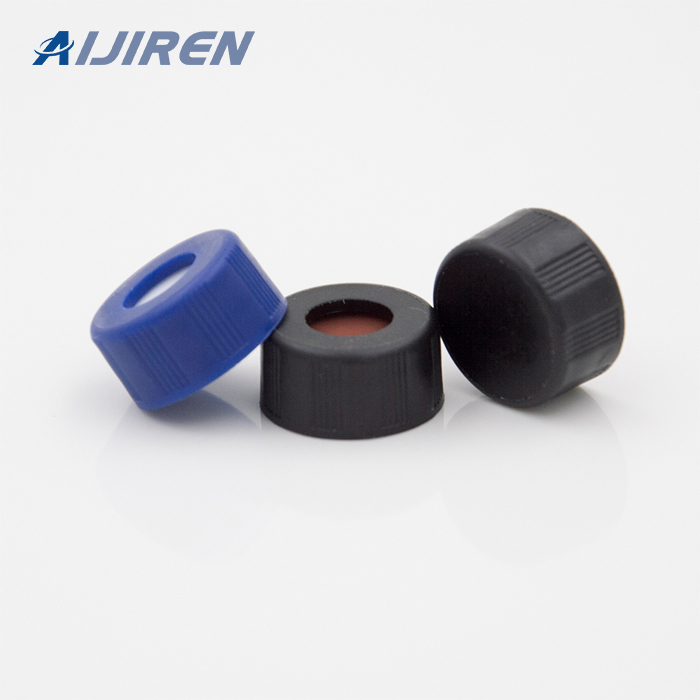

CryoSystem 6000 Cryogenic Sample Storage (6000 x 2.0mL Vials) Item#: 10718067 The MVE CryoSystem Series combines the benefits of low nitrogen consumption with mid-range vial capacity to meet the diverse needs of today's professionals worldwide.
Cryogenic Storage. In Vitro Technologies has the range of IC Biomedical (formerly known as Worthington Industries) Cryogenic storage solutions to store your precious samples whether it is 1 or 1,000,000. Our products include Refrigerators, Freezers down to -86C, Liquid Nitrogen and Vapour phase storage. In sizes from 3 litres to 1630 litres.
Liquid nitrogen can get into a vial in several ways: If the vial is defective. If the vial is used after its expiration date. Nunc tubes must be used within three years of their date of sterilization because the silicone gasket deteriorates over time. If the vial is under- or overtightened, or if there is water on the threads.
The rapid evaporation of liquid nitrogen in a sealed container can create pressures greater than 10,000 psi if brought to room temperature. Consequently, the vial will shatter when removed from liquid nitrogen storage, creating a hazard from both flying debris and exposure to the contents. Liquid nitrogen is a simple asphyxiant. If released
Liquid Nitrogen Storage Overview Dewar storage vessels are vacuum-jacketed tanks for maintaining low temperature storage of biological material; they are designed to safely contain liquid nitrogen as the low temperature agent. Dewars accommodate racks for small sample vials. A loose fitting cap
nitrogen enters sample vials during storage, the vials when removed from the liquid nitrogen can become rapidly over pressurized with the risk of explosion of the vial. • Embrittlement – Liquid nitrogen can cause many common materials such as carbon steel, plastics and rubber to become brittle, or even fracture under stress. Liquid nitrogen
20/6/2022 · The potential for liquid nitrogen to leak into the vials during immersion. When removed from storage and warmed to room temperature, the nitrogen rapidly expands. Consequently, the vial may shatter when removed from liquid nitrogen storage, creating a hazard from both flying debris and exposure to the contents (1, 4).
4.5.1. The quantities of Liquid Nitrogen used in clinics and health centres and hospital departments are generally small e.g. 1 or 2 litres flasks. However, appropriate delivery, storage and use of the Liquid Nitrogen is essential to safeguard staff and patients. Insulated flasks are usually refilled every 1-2 weeks.
I use a stratacooler that is primed to 4 degrees after vials are added I move the stratacooler to the -80 overnight and then move the vials to liquid nitrogen. I use the following freezing media
For storage in mechanical and liquid nitrogen freezers Molded polycarbonate box for 3.6 to 4 mL cryovials with a removable divider for 100 vials and labels Fits standard three-inch racks and inventory systems Doubles as a water-bath rack, which saves bench time, tube transfer and Related Products: 4 Ml Box Vial Compare this item
Cryogenic Storage Vials Small, capped vials designed for storing liquid samples at ultra-low temperatures. Vials come in various volume capacities and designs and are suitable for general cold storage or vapor state liquid nitrogen storage. Sterile and non-sterile formats are available. Type Sterility Material Graduated 1 - 10 of 10 results
Every cryovial manufacturer clearly states their vials are not to be used with LN2 in the liquid phase (-196C), but only in the gas phase, (-140 to -180C). The reasons for this are simple. There is a practical consideration of contamination whereby a liquid can transfer particles from one tube to another.
When vials are stored within the liquid -phase of liquid nitrogen, liquid nitrogen can leak into the vials during immersion and rapidly expand when removed from storage and warmed to room temperature. The rapid evaporation of liquid nitrogen in a sealed container can create pressures greater than 10,000 psi if brought to room temperature
4.5.1. The quantities of Liquid Nitrogen used in clinics and health centres and hospital departments are generally small e.g. 1 or 2 litres flasks. However, appropriate delivery, storage and use of the Liquid Nitrogen is essential to safeguard staff and patients. Insulated flasks are usually refilled every 1-2 weeks.
Liquid nitrogen storage equipment is used to store biologic, genomic, and diagnostic samples in liquid nitrogen (-196°C to -210°C). Samples are transferred to cryogenic tubes and packaged in boxes. The boxes are placed in racks, which are then stored in cryogenic storage systems.